Oscar Pistorius could be freed from prison by parole board decade after murdering girlfriend
Former Paralympic runner has applied for parole 10 years after killing girlfriend Reeva Steenkamp
Your support helps us to tell the story
From reproductive rights to climate change to Big Tech, The Independent is on the ground when the story is developing. Whether it's investigating the financials of Elon Musk's pro-Trump PAC or producing our latest documentary, 'The A Word', which shines a light on the American women fighting for reproductive rights, we know how important it is to parse out the facts from the messaging.
At such a critical moment in US history, we need reporters on the ground. Your donation allows us to keep sending journalists to speak to both sides of the story.
The Independent is trusted by Americans across the entire political spectrum. And unlike many other quality news outlets, we choose not to lock Americans out of our reporting and analysis with paywalls. We believe quality journalism should be available to everyone, paid for by those who can afford it.
Your support makes all the difference.Oscar Pistorius has applied to be released from prison a decade after he murdered his girlfriend Reeva Steenkamp by shooting her multiple times through a toilet door in his home.
The former Paralympic runner is due to attend a parole hearing on Friday after he was convicted of murdering Ms Steenkamp on Valentine’s Day in 2013.
Pistorius could leave the Atteridgeville Correctional Centre in Pretoria if his parole is granted, although the Department of Corrections said the process may take days to finalize if his application is successful.
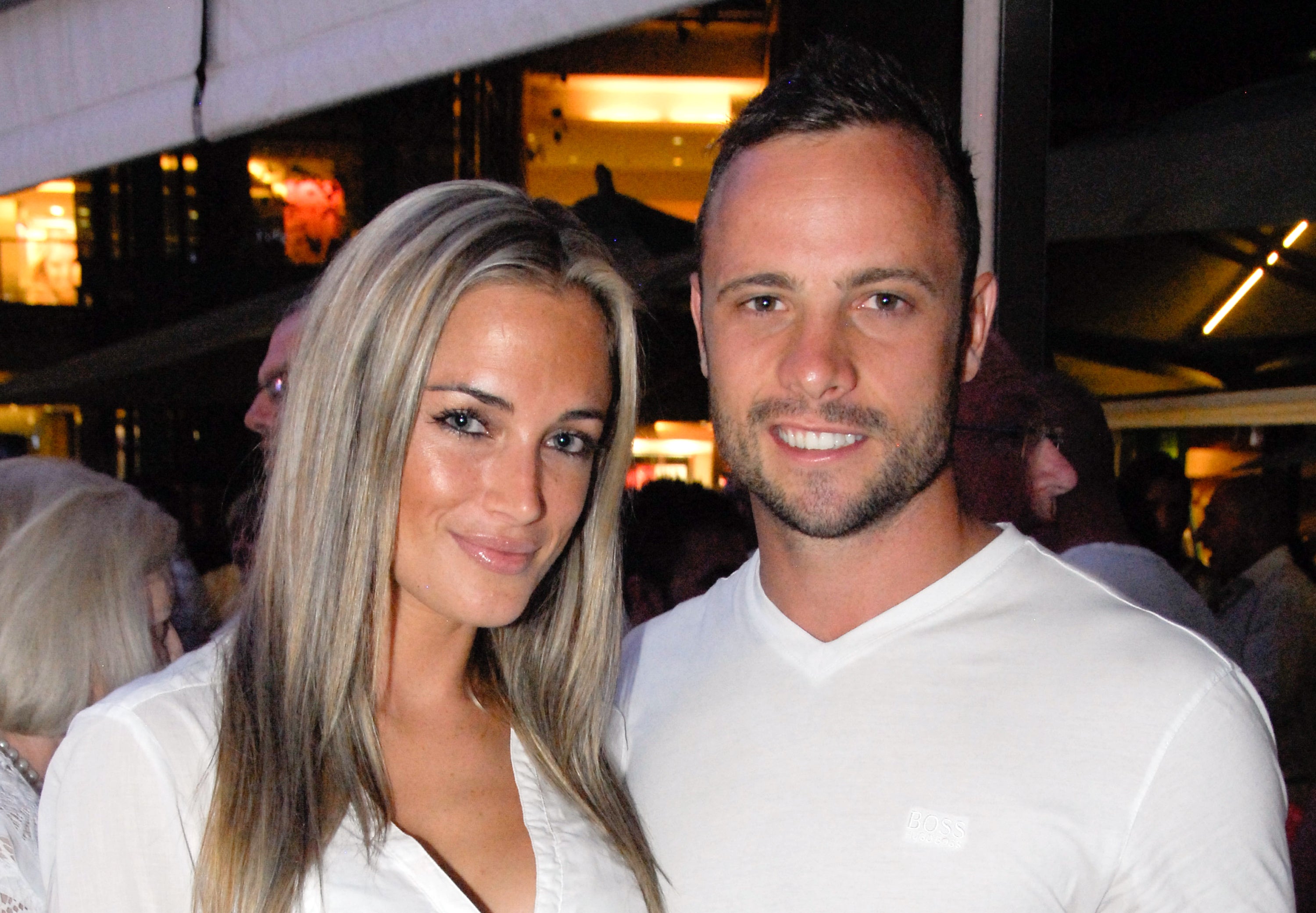
Barry and June Steenkamp, the parents of Reeva, have said they oppose Pistorius' release and are allowed to address the parole board at his hearing. A submission by a victim's relatives is one of many factors taken into account.
The Department of Corrections declined to give details on Pistorius' hearing, saying it was “an internal matter” like any other parole hearing.
According to guidelines, the board will consider the offense Pistorius was convicted of, his conduct and disciplinary record while in prison, whether he took part in educational or other training courses, his mental and physical state, whether he's likely to “relapse into crime” and the risk he poses to the public.
Of all the factors, legal expert Neo Mashele said that “generally speaking, the behavior of the offender is the most important consideration”.
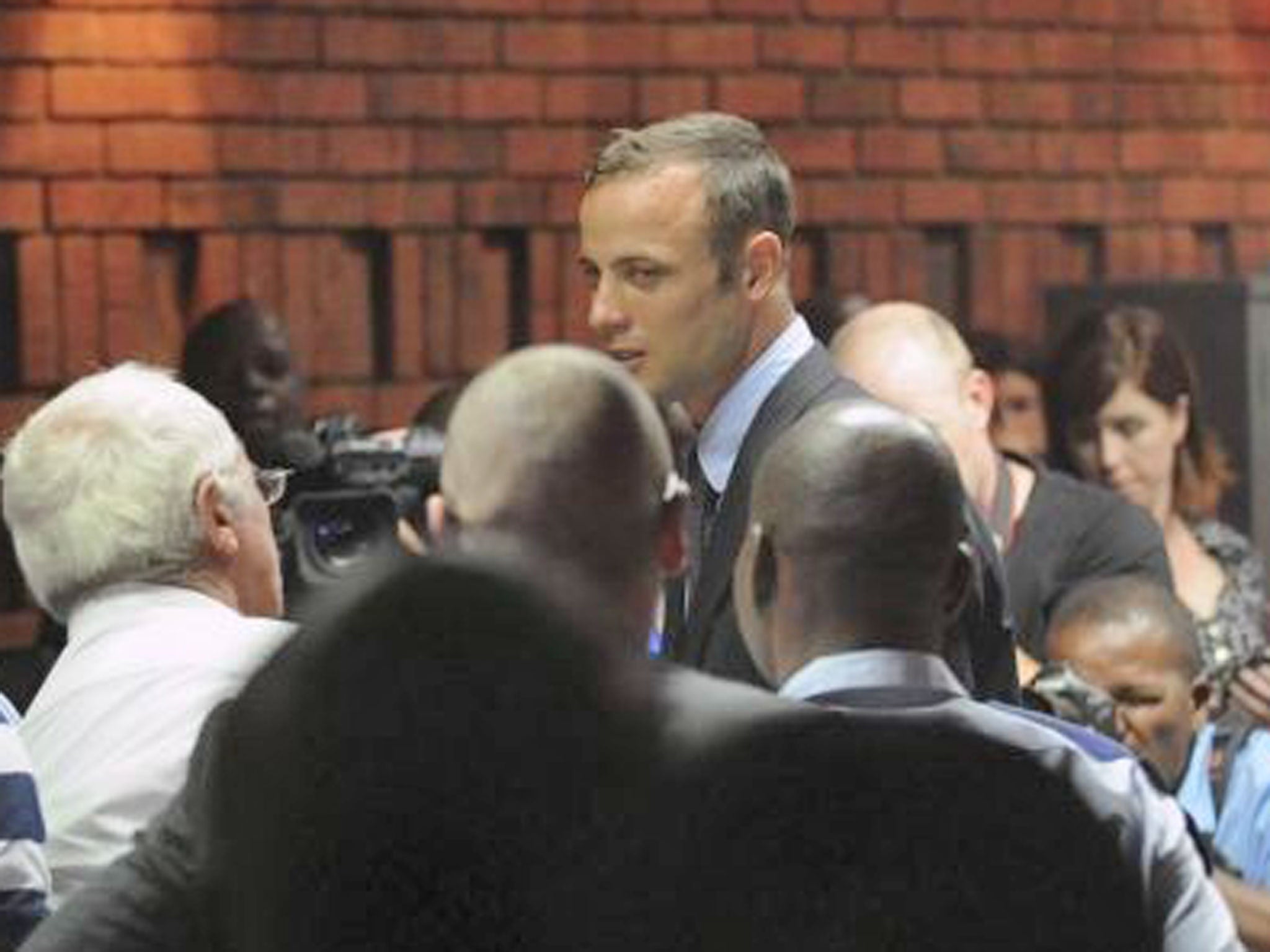
Pistorius’ parole lawyer Julian Knight has previously said he has been a “model prisoner.”
Now 36, the runner was ultimately convicted of murder after prosecutors appealed against an initial conviction for culpable homicide, which is comparable to manslaughter.
He was eventually sentenced to 13 years and five months in prison for murder in 2017, again after a prosecution appeal against a lighter sentence.
Offenders in South Africa convicted of serious crimes must serve at least half their sentence before being considered for parole. Pistorius has done that after taking into account the time he served in jail from late 2014 while the appeals in his case were heard.
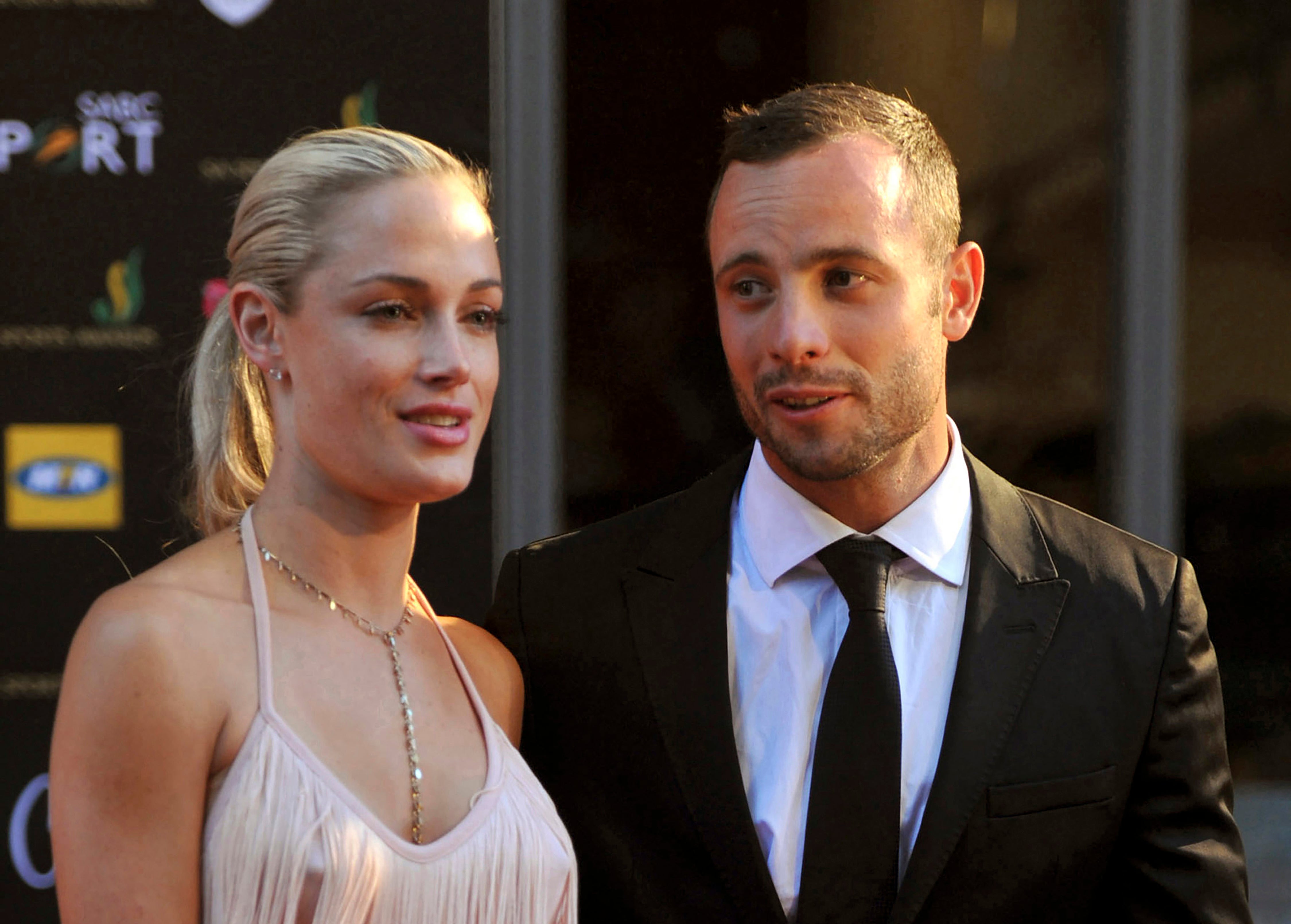
A number of options are available to the parole board. Pistorius could be released on full parole or placed on day parole, where he would be allowed to live and work in the community during the day but have to return to prison at night. He could also be placed under correctional supervision, which means he would be released but have to spend some of his time during the week at a correctional center.
Pistorius' parole could be denied, where the board usually asks the offender to reapply at a later stage.
A double-amputee runner and multiple Paralympic champion once hailed as an inspirational figure, Pistorius' murder trial and downfall captivated the world. His crime eventually led to him being sent to the Kgosi Mampuru II maximum security prison, one of South Africa's most notorious.
He was moved to the Atteridgeville prison in 2016 because that facility is better suited to disabled prisoners. Pistorius had both his lower legs amputated as a baby and walks with prosthetics.
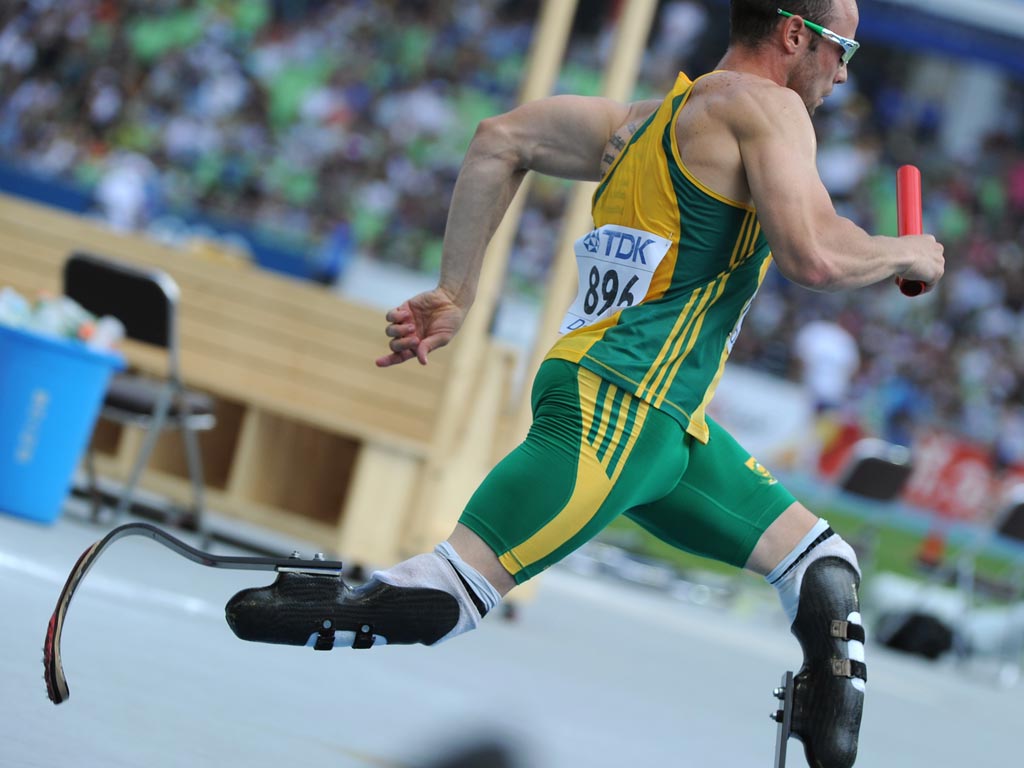
There have been glimpses of his life in prison, with reports claiming he had at one point grown a beard, gained weight and taken up smoking and was unrecognizable from the elite athlete who competed against able-bodied runners on his carbon-fiber blades at the 2012 London Olympics.
He has spent much of his time working in an area of the prison grounds where vegetables are grown, sometimes driving a tractor. His father, Henke Pistorius, said in a 2018 interview that he was running bible classes for other inmates.
There have also been flashes of trouble. Pistorius sustained an injury in an altercation with another inmate over a public telephone in 2017. A year earlier, Pistorius received treatment for injuries to his wrists, which his family denied were a result of his harming himself.
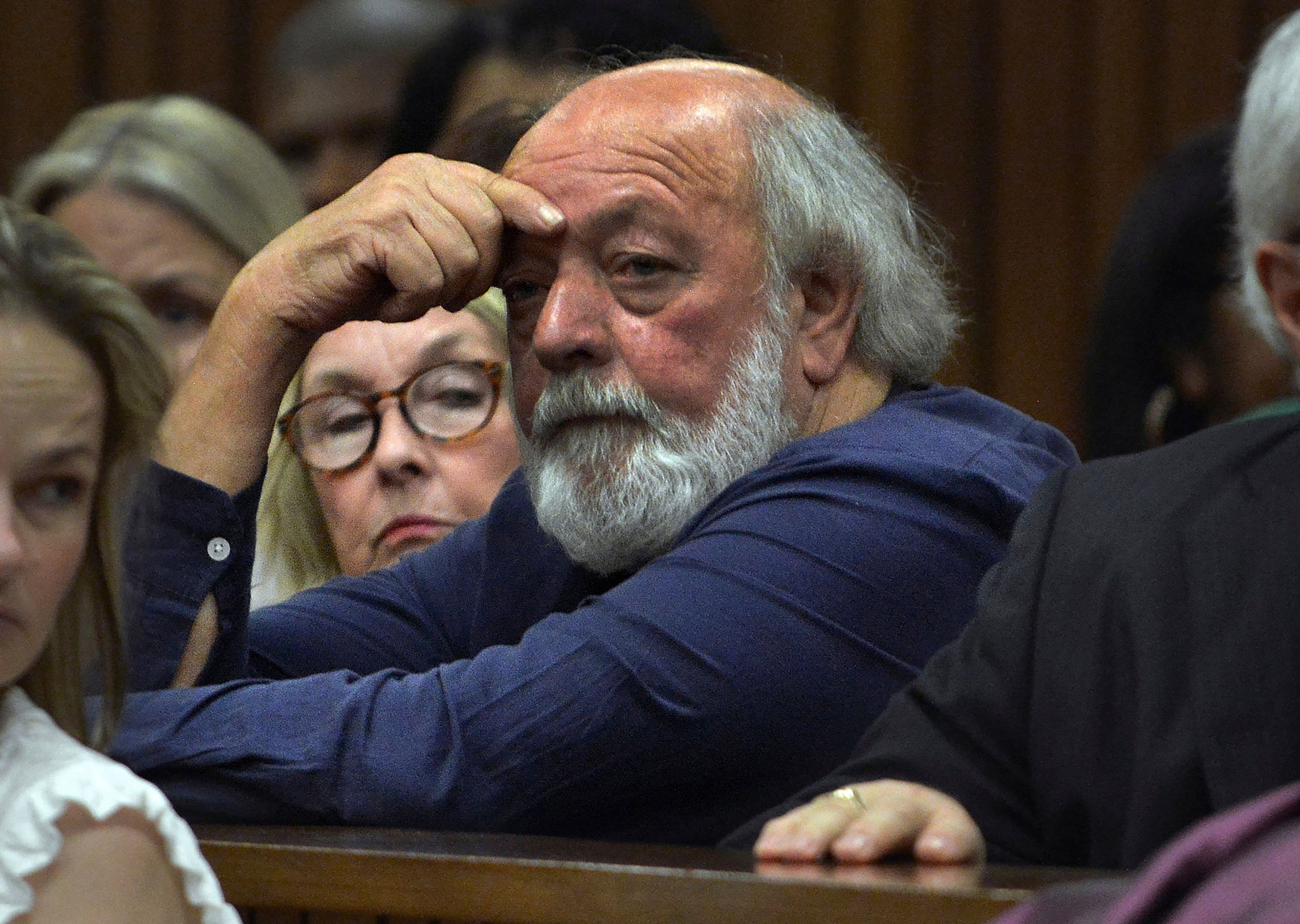
Pistorius has been seeking parole since 2021 but a hearing that year was canceled partly because he had not yet met with Barry and June Steenkamp in a process known as a victim-offender dialogue. It is required in South Africa — if victims or their family want the meeting — before an offender can be considered for parole.
Last summer, Pistorius finally met Ms Steenkamp’s father. Reports said the meeting was organised after Pistorious wrote to the Steenkamps in October, which is thought to be his first contact with the family since his 2014 trial.
A friend who visited him in jail reportedly said he was asking his girlfriend’s bereaved family to forgive him.
But Mr Steenkamp and his wife, June, have since raised objections to Pistorius’s release although they have no power to block it.
Ms Steenkamp, 29, a successful model, TV personality and law graduate, had been in a relationship with Pistorius for just three months when he shot her.
Pistorius claims he shot 29-year-old Ms Steenkamp by mistake with his licensed 9mm pistol because he thought she was a dangerous intruder.
During his lengthy televised trial, Pistorius used his testimony to apologise to Steenkamp’s family, telling the court: “There hasn’t been a moment since this tragedy happened that I haven’t thought about your family.”


